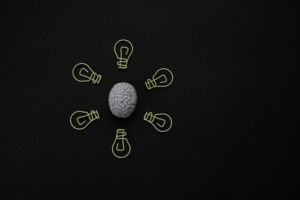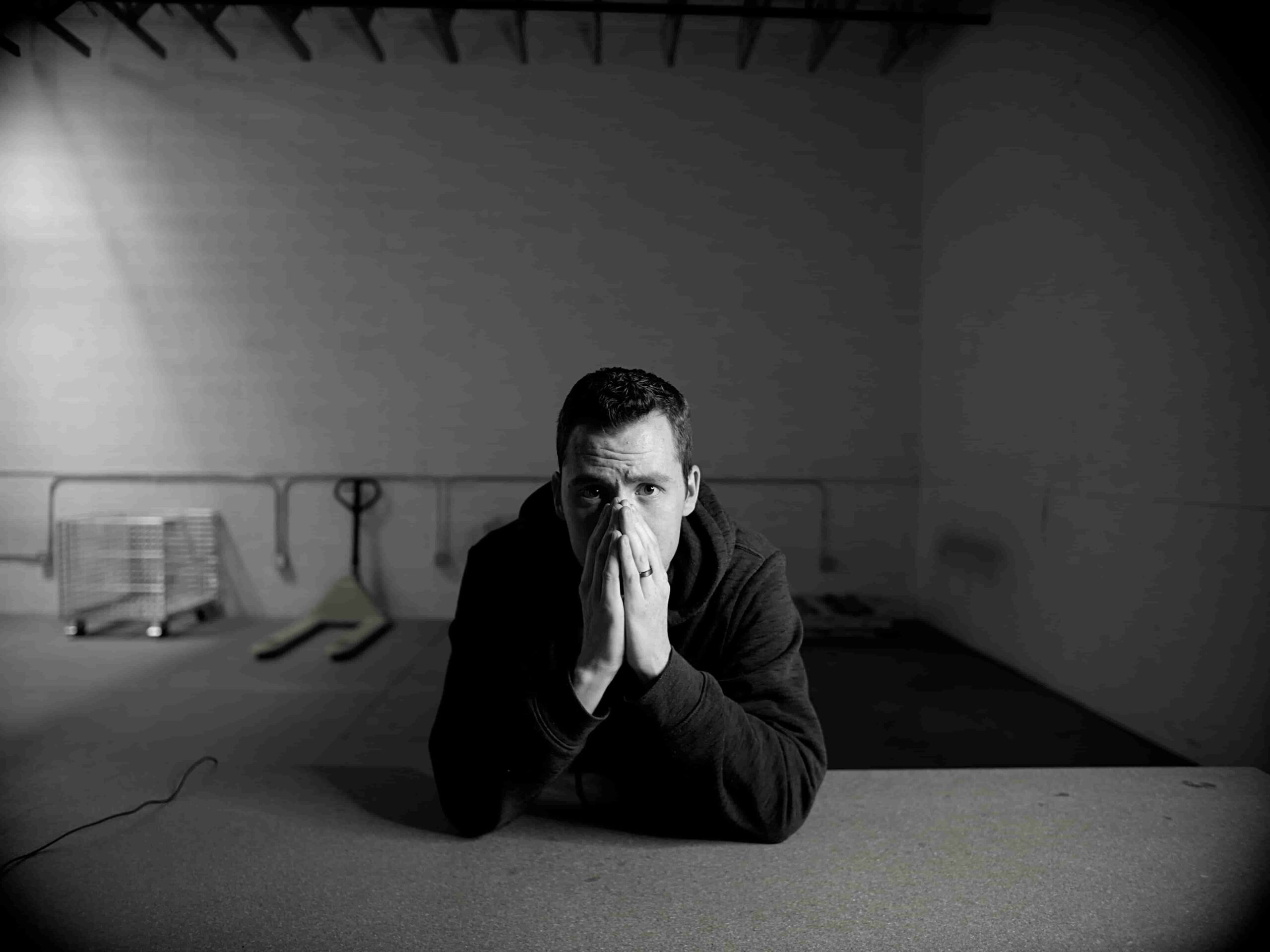Anxiety can affect just about everything in your life. It will produce mental and physical symptoms. It can hamper your ability to function on a daily basis. Your personal life, career, and social interactions may all be impaired. Anxiety is the most common mental health issue on the planet, but even so, most people are not fully aware of its potential impact. This is partly true because we often can’t differentiate anxiety from stress.
Put simply, stress is the outside world acting upon us. Anxiety represents our reaction to stress. Left unchecked, anxiety can become a disorder. It can affect our brain in a variety of negative ways.
4 Ways Anxiety Can Affect Our Brain
1. Stress Hormones
Anxiety is ostensibly designed to protect us. One way it does this is by releasing stress hormones (like cortisol) in a time of danger. Typically, once the threat has passed, the anxiety response will also pass. When an anxiety disorder is present, it warns the brain to stay on high alert. It does this by maintaining the flow of stress hormones.
Over time, this trend changes how the brain perceives potential risk. In addition, the presence of high levels of unnecessary stress hormones can be quite unhealthy for your mind and body.
2. Hypervigilance
Feeding off of #1 above is the reality that anxiety makes your brain hypervigilant. Your brain can’t tell the difference between real and perceived danger. Thus, when you are hyperactive to the mere idea of a threat, a part of your brain grows larger.
The amygdala is supposed to safeguard you from danger. When it grows larger and far more sensitive, false alarms become a common event. False alarms further affect the process and dramatically increase the amount of anxiety you feel. The cycle feeds off itself from there.
 3. Irrational and Impulsive Behavior
3. Irrational and Impulsive Behavior
As you might imagine, a brain that cannot discern safety from danger is not functioning optimally. Ideally, the aforementioned amygdala senses danger when it is actually present. So, it contacts the prefrontal cortex (PFC) which is designed to come up with a practical plan to deal with the danger.
When the connection between these two parts of the brain is weakened by anxiety, the PFC can’t help us make rational decisions. This throws off a very delicate balance. It also increases the likelihood of irritability and impulsive behaviors.
4. Memory Changes
Anxiety can increase the size of the amygdala. Meanwhile, it shrinks the size of the hippocampus. Why does this matter? Well, the hippocampus is your brain’s memory center. Chronic anxiety, therefore, can lead to an awful lot of confusion.
On top of that, it triggers the brain to hold on to and prioritize negative memories. Anxiety actively coerces the hippocampus to store anxious memories more than anything else. The brain is being re-wired to focus on negative experiences, e.g.
- Threats
- Risks
- Embarrassment
- Fear
- Danger
- Failure
This happens at the expense of memories that could serve to offer some positive balance. Emphasis on negative memories keeps you triggered to avoid them—even when no risk is present.
Anxiety Can Be and Should Be Treated
There’s plenty of good news to counter all the above. Firstly, please be aware that anxiety is fully treatable. I invite you to reach out to learn more about anxiety therapy.
Also, the effects anxiety has on your brain can be reversed during your treatment. Once you re-wire yourself to respond to anxiety in a healthy manner, your brain will begin to respond accordingly. The key is to connect with a skilled professional to get things started. I would love to hear from you at your earliest convenience.





